Another great photo of Joseph, with the cast of Apologia, has been shared by London Theatre, along with a new interview to promote the show. Check out more photos, and read the interview in full on the London Theatre website.
How would you describe Apologia in a nutshell?
Apologia is a fantastic comedy about a dysfunctional family; a modern comedy of manners with a political, big heart, but also a black streak running through it. You’ve got an incredible matriarchal figure: a famous American writer who’s lived in England a long time and was, in the 60s and 70s, a huge mover and shaker for all the political goods that we are supposedly now reaping the benefits of. She had to make a choice about whether her work overrode being a parent, and the father of the children “helped make that choice for her”, shall we say, so they grew up without knowing her very well. Now it’s her birthday, and the father is dead. She's just published her memoirs before this birthday party, which should be a happy event, but in these memoirs she managed to neglect mentioning she ever had these children - so there’s a lot of chickens come home to roost! It’s an incredible play: in what seems like a very funny dysfunctional family party setting, which is enjoyable in itself, untold amounts of big things come out without ever hitting you round the head with a sledgehammer. I think that’s why I had to do it: the writing is so good because it’s subtle and funny, and yet I’d imagine people will leave having deep thoughts and healthy arguments with their own families!
You’ve got quite the unique role, playing both of those sons!
Absolutely! Having the same actor play both sons was not how it was originally drafted, but I think [Director] Jamie Lloyd’s had an amazing idea using one actor. It’s not just me being greedy; I think it really helps accentuate the differences in how different people deal with the same trauma. Siblings have such different memories of the same event, and how they dealt with it. Often there’s one son who seems like they’re getting on with everything, and there’s another who’s very screwed up - everyone worries about him, he keeps losing jobs, he has trouble with alcohol, etc. But, actually, it’s not always the one people think is in trouble who really is – denial is not just a river in Egypt!
The show’s opening is drawing near - how’re rehearsals going?
It’s going well – but there’s an awful lot of words to learn for everyone! We’re actually at that sticky stage of rehearsals where it can feel, to us on the inside, like we’re wading through meat on high heels, but on the outside, Jamie seems very encouraged every day, saying “No, no, no, we’re getting there!” We’ve just got to nail it down now, and get it in front of an audience - it’s going to be glorious, I think.
How have you found working with such an incredible cast?
What’s great about this is, yes, there’s some showbiz star stuff going on, but genuinely everyone in this cast (not really speaking for myself) is so perfect for the play, that if Laura had never been in Downton Abbey, or if Freema had never done Doctor Who, or Stockard in Grease as well, they’d still be in those roles – they are perfect. This is my third time working with Des, and I adore him, and everyone involved is just really well cast. They look perfect and they sound perfect.
You’ve recently starred on the screen; what drew you back to the West End stage?
It really was this play! I finished a long run of The Rover at the Royal Shakespeare Company at the start of the year, and then really tried to nail myself to doing more film and television this year. I’d done a couple of movies due out next year, and then this play came in, and I said “Err, you know that 'not doing theatre' thing? You might wanna think again!” I read Apologia and it was a no-brainer; it’s one of the best plays I’ve ever read, so I’m happily, happily sweating eight nights, eight shows a week once again.
What is it about performing to West End audiences that makes it such an occasion?
West End audiences are fantastic because they’re tough. I think that’s what I like about them; they’ve seen a lot of theatre, so effectively it’s like playing [football] in the Premiership - you can’t phone it in! I would rather be pushed, and there’s something about how spoiled for choice theatregoers in London are that means they’re not going to be amused or entertained unless it actually is amusing or entertaining. But really, Alexi Kaye-Campbell’s playwriting is so good that we can’t help but think that if we say the right words in the right order, it’s going to work!
What do you hope audiences will take away from Apologia?
I hope they’ll take away some inspiration, a shifting of thoughts. It’s not didactic; Alexi [Kaye Campbell]’s not got an agenda, other than “have a think about this”: are we really trampling over some very hard work that other generations before us did for us? Are we complacent? Are we privileged? Are we naïve? Are we ignorant? That all sounds a bit heavy, but those were the questions I was left with after reading it. But I also laughed out loud just reading it in my bedroom. That’s what’s clever about Apologia: it’s very light, easy-to-watch stuff, but it leaves you with a punch to the gut. That’s a rare gift.

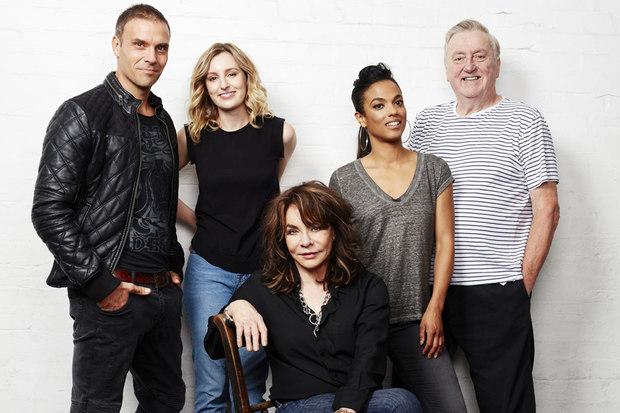
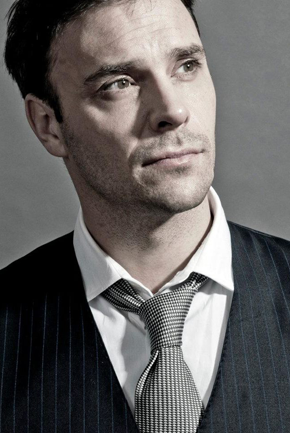
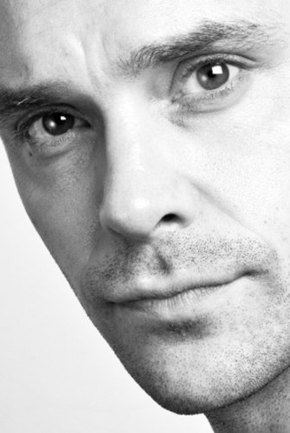
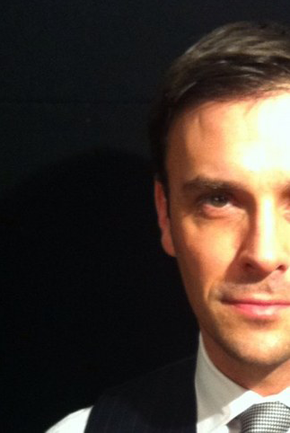
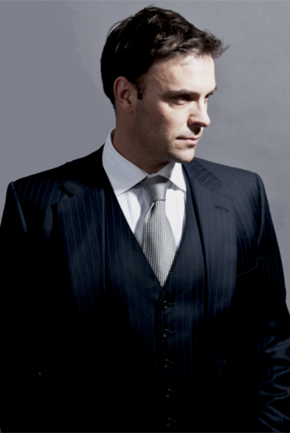
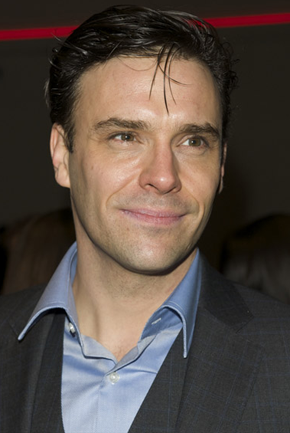


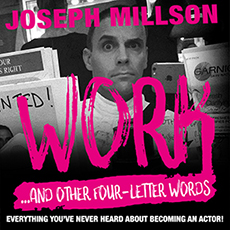
Recent comments